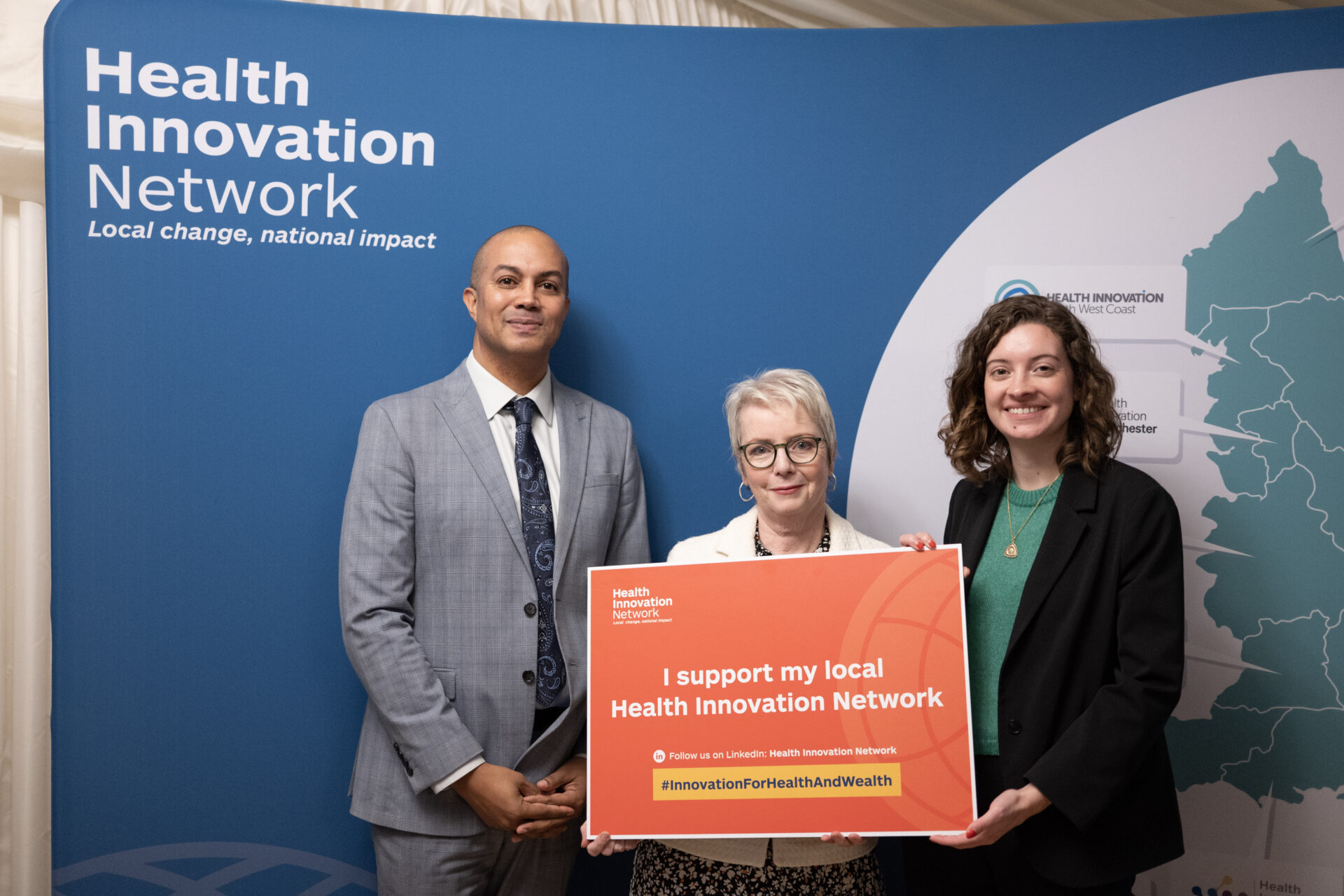A new report outlines the findings of 14 projects which identified and tested promising innovations to support post-pandemic ways of working in the NHS.
The NHS Insights Prioritisation Programme was launched in 2021 to contribute to the recovery from COVID-19, build resilience and deliver benefits to patients.
Health innovation networks (HINs) and the National Institute for Health and Care Research Applied Research Collaborations (NIHR ARCs) teamed up for the projects, benefitting from each other’s unique skills and links with system partners. Each project received a share of £4.2m funding from NHS England (NHSE) and the Accelerated Access Collaborative (AAC).
The partnerships tested and evaluated innovative approaches within their local Integrated Care Systems (ICSs). Each project focused on four priority areas:
- Remote consultation – a discussion between a clinician or patient which is not carried out face-to-face.
- Remote monitoring – using technology to support people at home to collect clinical data and share it securely with a clinician.
- New approaches to service delivery – improving services, particularly for those experiencing health inequalities for access to services.
- Health and social care workforce innovation – how staff can help innovation in service delivery and develop new ways of working.
Examples of the projects included the evaluation of Community Assessment Treatment Units for frail patients, evaluating the impact of a video intervention to reduce opioid prescribing, and preparing a culturally tailored online diabetes self-management programme for evaluation and scale.
Read the summary report and individual findings for each project.
The COVID-19 pandemic acted as a disruptor and accelerator of innovation. By demonstrating its resilience and ability to make changes rapidly, the NHS has been able to learn from the pandemic and future-proof services.
Richard Stubbs, Chair of The Health Innovation Network, explained:
“The NHS Insights Prioritisation Programme has provided a rapid analysis of some of the most promising health and care innovations across the country in real-world settings. These findings and recommendations will help Integrated Care Systems understand how they might implement these new approaches in their local system.”
An independent evaluation of the programme concluded that NIPP had been successful in facilitating a structured approach for the funding and acceleration of innovations and interventions, building on previous initiatives, such as the NHS Beneficial Changes Network.
It also noted that the programme had cemented existing relationships between health innovation networks and NIHR Applied Research Collaborations, which may lead to more joint working in future.
Professor Dame Nicky Cullum, Chair of the NIHR Applied Research Collaborations, added:
“The collaboration between the health innovation networks and the NIHR Applied Research Collaborations has enabled us to deliver practical insights that address changing health and care needs post-pandemic. We hope this learning will help health and care teams, and benefit our communities.”
The full evaluation is available here, together with the project and executive summary reports, and links to a series of podcasts and blogs about the programme.

Join us on 11 and 12 June in Manchester to find out how the Health Innovation Network is improving health and driving wealth through health innovation. This year we’ll be joined on our stand by 18 Network-supported innovators, showcasing innovations which are helping to deliver the Government’s three shifts for the NHS and solve some [...]

The Health Innovation Network is delighted to announce the launch of Innovation Insights, a brand-new webinar series designed to highlight the latest in health innovation, offering attendees valuable insights into the adoption and spread of innovation within the health and care landscape. Each interactive webinar will feature: Expert presentations: Delivered by thought leaders across [...]

The Health Innovation Network, at an event sponsored by Sarah Coombes MP, brought together parliamentarians including Health Minister Karin Smyth MP and Chair of the Science, Innovation and Technology Committee, Chi Onwurah MP to meet with six innovators supported by health innovation networks across the country and their NHS partners. At the Meet the Innovators: [...]





